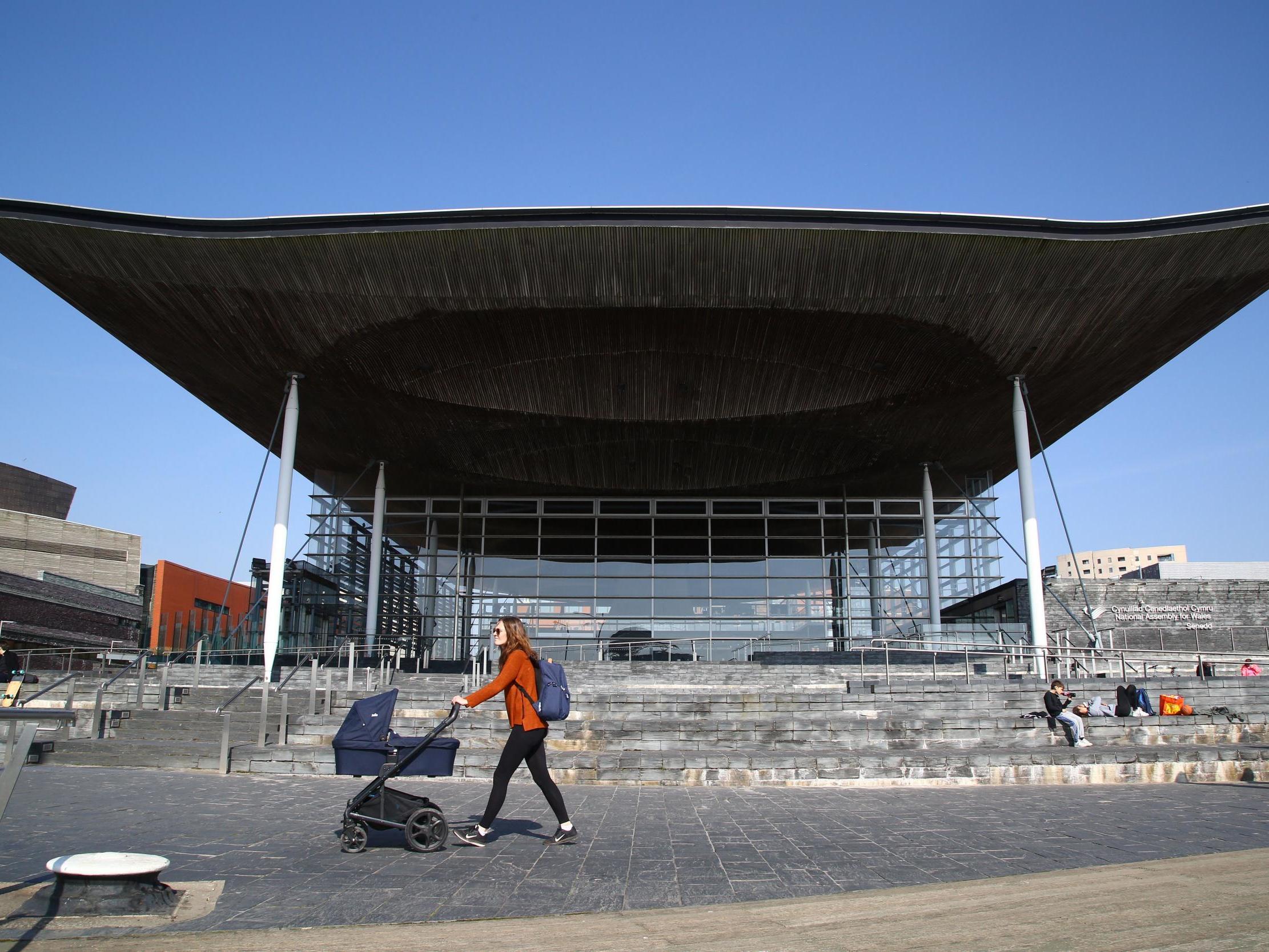Welsh Assembly changes name to ‘Senedd Cymru – the Welsh Parliament’
‘It’s important to send a message out to people in Wales that an institution which began with very modest powers has over 20 years developed into a full blown primary law-making institution’

The National Assembly of Wales will be known as Senedd Cymru – the Welsh Parliament – from today.
The devolved parliament of Wales has officially changed its name after almost 21 years of devolution that has seen lawmaking and taxation powers moved from London to Cardiff.
First minister Mark Drakeford said the new name – which is expected to be commonly shortened to “the Senedd”, as the building itself is named – would send out a message that it was a “full blown primary lawmaking institution”.
The changes are part of a bill which also sees the Senedd’s 60 members renamed Members of the Senedd (MSs) as opposed to Assembly Members (AMs).
The bill also lowers the voting age to 16 for Senedd elections, extends the right to vote to eligible foreign nationals, and changes the law so that most disqualifications prohibit a person from taking up a seat in the Senedd, though they can still stand for election.
Mr Drakeford told the PA news agency: “The name is catching up with the reality of the institution, because the assembly has been a parliament – it has been a Senedd – in my view for the last decade since it acquired primary lawmaking powers.
“I think it’s important to send a message out to people in Wales that an institution which began with very modest powers has over 20 years developed into a full blown primary law-making institution with far deeper powers and wider powers as well.”
The first minister said the immediate priorities for the Senedd would be to continue to shape the laws governing the coronavirus lockdown and overseeing the work of the Welsh government, while it will soon scrutinise the Autumn budget.
The Covid-19 outbreak means work to replace signage has had to be suspended, while an event to mark the change will not be held until the lockdown has eased and it is safe for politicians to return.
But the Senedd’s presiding officer Elin Jones will acknowledge the new name with a short statement during the first plenary meeting as Senedd Cymru on Wednesday afternoon.
Simon Hart, secretary of state for Wales, said the name change for the institution came at a time “when its role and close working relationship with the UK government are more important than ever”.
He said: “The coronavirus pandemic is the greatest challenge that politicians in Westminster and Cardiff Bay have faced together.
“When the emergency is over, we will continue to work constructively with colleagues in the new Senedd Cymru-Welsh Parliament on our shared aims of boosting economic growth, driving inward investment and promoting Wales globally.”
Paul Davies, group leader of the Welsh Conservatives, said he hoped the name change would “make its responsibilities much clearer, emphasising the separate duties between the legislative body and the Welsh government”.
Meanwhile Plaid Cymru leader Adam Price hailed the “important milestone in our democracy”, and called for the Senedd to have even stronger powers over energy, justice, broadcasting and the economy “so that people in Wales have a full and final say on all the big decisions which impact their lives”.
The National Assembly for Wales was opened in 1999 following the result of a referendum in 1997 which won by just 50.3 per cent of the vote, but it was only given limited law-making powers through the Government of Wales Act 2006.
Devolved areas include health, education, economic development, transport, the environment, agriculture and local government.
Additional reporting by Press Association
Join our commenting forum
Join thought-provoking conversations, follow other Independent readers and see their replies
Comments